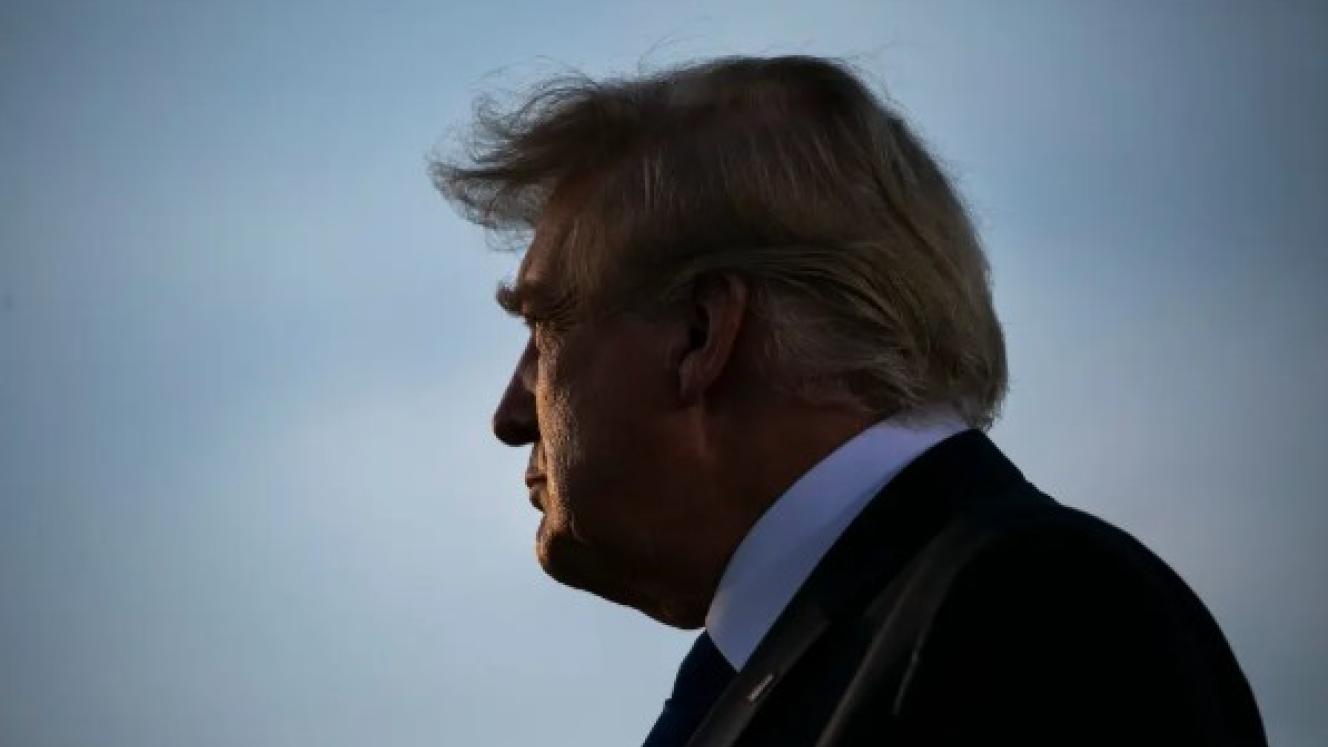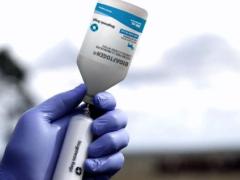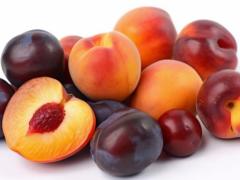The Government of National Unity (GNU) will tighten regulations on livestock auctioneers to curb and potentially eradicate the spread of foot and mouth disease (FMD), Minister of Agriculture John Steenhuisen said during a visit to Nampo Harvest Day 2025.
This comes after South Africa’s biggest trading partner announced a ban on beef imports into China earlier this week.
The latest FMD outbreak came at a time when the global agricultural sector was focusing its attention on the second-biggest expo of its kind in the world.
A palpably exhausted Steenhuisen said: “It’s very important that we get on top of it (FMD) as quickly as possible.”
The latest ban on South African beef “has a huge effect on us”, he said, especially because it could have been avoided had animal movement restrictions across provincial boundary lines been followed.
Steenhuisen said: “We’ve traced back some of the cases to an auction in KwaZulu-Natal, and very clearly the regulations are not being followed.
“As a result of that, we are taking a couple of interventions and I'll be issuing new regulations that will govern auctions, particularly to make sure we have absolute adherence to regulations.”
Non-compliance with FMD curbing measures has been identified as the cause of the spread to Mpumalanga, Gauteng and the Eastern Cape.
“We will be focusing on certain areas where we believe there has been abuse and misuse,” Steenhuisen said.
He added that additional proactive measures had been identified.
These include private-private partnership initiatives with feedlots to procure vaccines for FMD.
Law enforcers from the SA Police Service and provincial traffic authorities will also be brought up to speed to enhance the control and monitoring of cross-boundary livestock transport.
“However, at the end of the day, what we actually need is a provincial track and trace system.
“That is why I am working closely with the RMIS (Red Meat Industry Services) to find a track-and-trace system to make sure that any animals that are moved anywhere in the country can be accounted for. I think this will have a huge impact on assisting us with disease control.”
Steenhuisen also said that tagging and movement registering ought to be tightened up.
“These are the things we are going to have to do to get on top of the disease, and I believe that if we have these regulations, if we have a track and trace system, our farmers will be the net beneficiaries.
“It’s about improving our buyer security in South Africa so that we create a premium for South African products and exports which can only benefit our local farmers.”
While Nampo was drawing in the crowds to Bothaville, it emerged that China had suspended all beef imports from South Africa due to ongoing outbreaks of FMD in several provinces.
The suspension was prompted by confirmed FMD cases spreading beyond initial outbreak areas, with investigations revealing the virus in multiple farms and regions. China’s decision is part of its biosecurity measures to prevent the disease from entering its livestock population.
This ban has significant economic implications for South Africa as China is a major market for South African beef exports, accounting for about 14% of frozen beef exports and a substantial portion of red meat trade valued at billions of rand.
The suspension threatens livelihoods across the red meat value chain, including farmers, abattoirs, feedlots and exporters.













